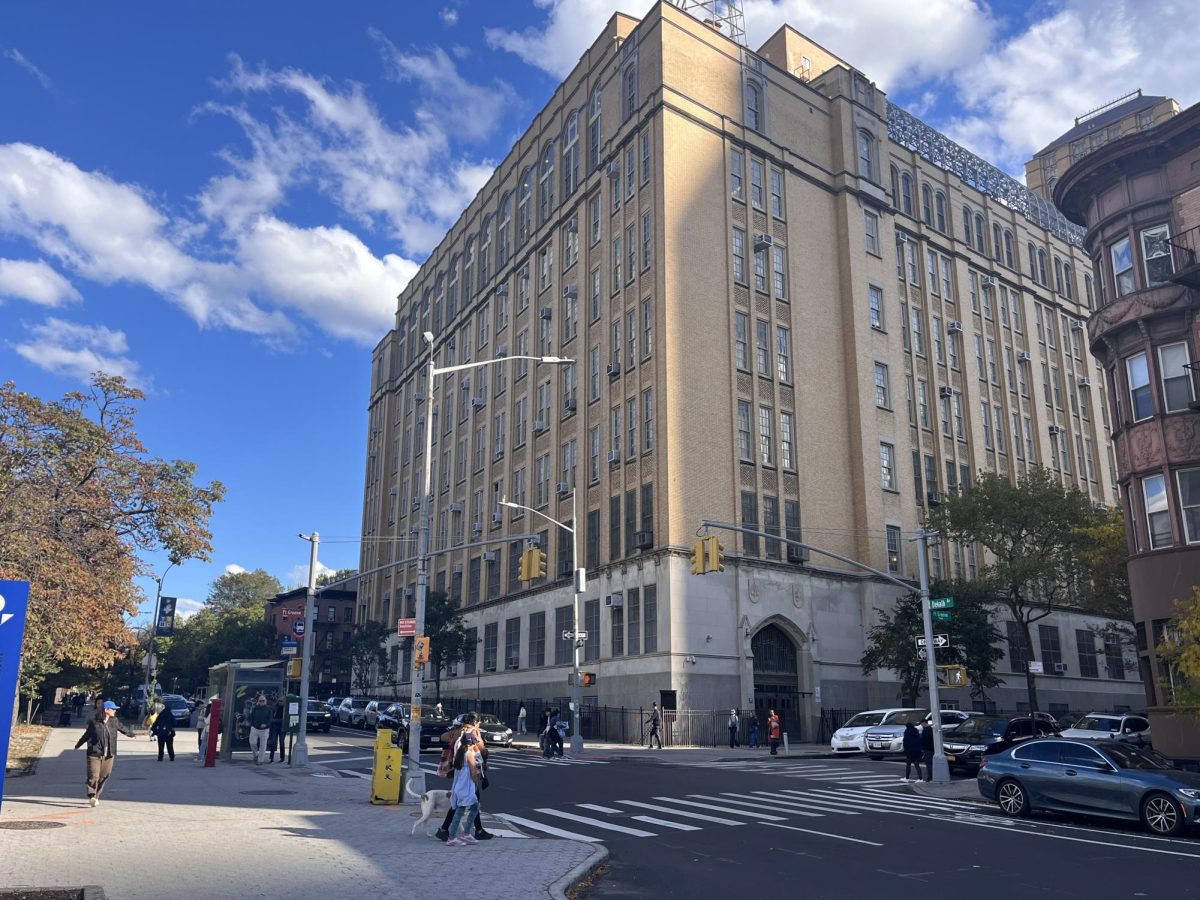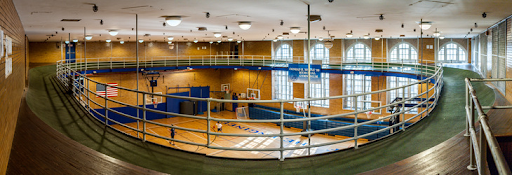At Brooklyn Tech, students tend to be as overambitious as they are overworked. The only break for most of them is their lunch period; 45 minutes that are especially crucial for students with a 1 to 10 schedule from 8:05 am to 3:35 pm.
Despite their already rigorous programs, some students choose to sacrifice their lone daily break to take an extra class. In the 2023-2024 school year, 110 Tech students officially opted to drop their lunch period. This year, that number has more than quadrupled to 468 students. With openings in their schedules, students stock up on challenging classes, which can prove overwhelming. After all, high schoolers are only human.
This alarming lunch drop trend indicates students are prioritizing their grades over their health, and it needs to stop.
As piling on classes and stress becomes the norm, students are doing anything to “stay ahead.” Even though the form to drop lunch required parental approval, one student, a junior, explained that she just “signed it [for her parents].”
Mr. Louis-Mansano, the AP of Guidance, is working to make student health a priority.
“Starting next year, Tech students will no longer be given the option to drop their lunch period in exchange for an extra class,” he said. “I feel that, fundamentally, as a counselor, allowing students to drop lunch is not something I can stand by. The whole point of me becoming an educator is that I put kids first. And putting kids first also means that it’s not just academic health, but also physical health, which food is a part of.”
The school’s new lunch drop policy is a positive step, but the decision does not seem popular among students.
In an Instagram poll conducted by The Survey, 68% of respondents said that Tech students should be able to drop their lunch period for an extra class, indicating that a majority of students are comfortable paying the personal cost for academic ambition.
“If someone is ambitious enough to take enough classes that they don’t have a lunch period, I feel like they understand what comes with it,” said Mechatronics and Robotics major, Simone Sevita (‘26). “Students who choose to drop their lunch period understand their limits and what they’re getting themselves into.”
But students do not always understand their own limits, or the toll on their brains that struggle to focus on schoolwork for long periods of time while also attempting to minimize distractions. The brain’s prefrontal cortex does much of this work and plays a significant role in one’s ability to think logically and concentrate. This type of concentration takes energy and at some point the brain needs a break to replenish its energy.
Research explains that socializing, as students do during their lunch breaks, can actually maximize one’s productivity. Conversely, without a break, students may feel heightened fatigue and stress, especially toward the end of the day.
“We have had to intervene because the student [who dropped their lunch] is having some kind of crisis because they are overwhelmed, because they haven’t really had time to rest during the day,” explained Mr. Louis-Mansano. Lunch is a crucial break that allows students to relax and focus on their health instead of schoolwork.
“I am usually able to focus better after lunch,” Sevita noted, explaining that her lunch break gives her a chance to take a break and socialize. “Without this I would probably feel more drained than I already do at the end of the day.” Many students fail to see the toll skipping lunch takes and simply accept that they have brain fog at the end of the day.
“Students do not stop to think that if they had a lunch period, or prioritized their health more they might feel better,” Tech health teacher Ms. Patti explained.“Many fail to consider the negative effects of dropping their lunch. Some students pass out and end up in the nurse’s office.”
Taking advantage of a real break to eat a proper lunch is important for nutritional health, as well as cognitive and memory function and brain development. Making time to eat during the day gives students a brain break and allows them to re-energize. Without a lunch break, students also tend to avoid proper food.
“If you have a 1-10, you really have to prep and bring stuff, and not like a bag of cheetos,” Ms Patti said.
Not eating throughout the day is not only unhealthy, but can negatively impact academic performance, which most Tech students value highly.
“I eat in class and I bring my own food,” said Media major Hailan Luo (‘26), who chose to drop her lunch period this year. “If I didn’t eat during the day, it would be terrible.”
Yet not every student is as prepared as Luo.
“A lot of students neglect food for the sake of grades,” said Ms. Patti. “You’re told that grades are everything.” But they aren’t, or at least, they shouldn’t be. Still, too many at Tech consider grades the epitome of success given the intense emphasis so many of their peers place on them.
Skipping an essential meal every stressful day of the school week is dangerous to mental and physical well being, and it can hurt your grades.
Ultimately, students at Tech should focus more on their health to counteract Tech’s culture of grade obsession that would have them neglect their most basic needs in favor of even more work and stress. Though some students may be upset with the decision to remove the lunch drop option, it is a step in the right direction.








































